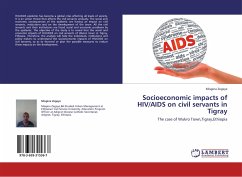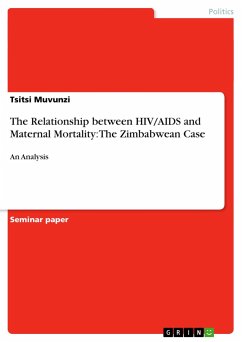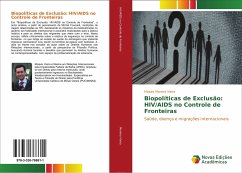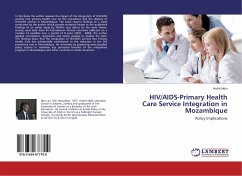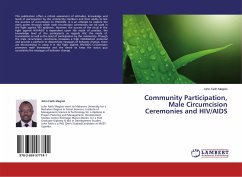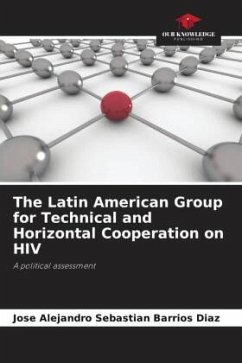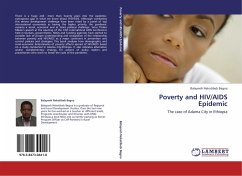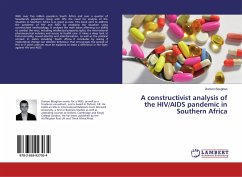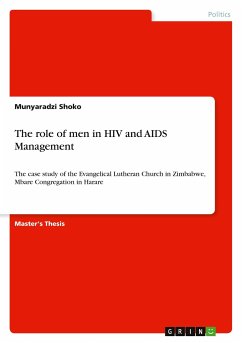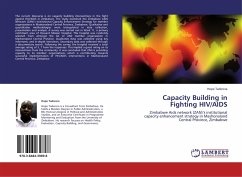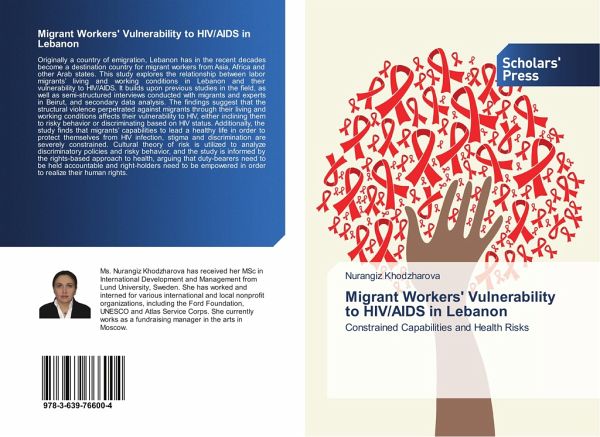
Migrant Workers' Vulnerability to HIV/AIDS in Lebanon
Constrained Capabilities and Health Risks
Versandkostenfrei!
Versandfertig in 6-10 Tagen
30,99 €
inkl. MwSt.

PAYBACK Punkte
15 °P sammeln!
Originally a country of emigration, Lebanon has in the recent decades become a destination country for migrant workers from Asia, Africa and other Arab states. This study explores the relationship between labor migrants' living and working conditions in Lebanon and their vulnerability to HIV/AIDS. It builds upon previous studies in the field, as well as semi-structured interviews conducted with migrants and experts in Beirut, and secondary data analysis. The findings suggest that the structural violence perpetrated against migrants through their living and working conditions affects their vuln...
Originally a country of emigration, Lebanon has in the recent decades become a destination country for migrant workers from Asia, Africa and other Arab states. This study explores the relationship between labor migrants' living and working conditions in Lebanon and their vulnerability to HIV/AIDS. It builds upon previous studies in the field, as well as semi-structured interviews conducted with migrants and experts in Beirut, and secondary data analysis. The findings suggest that the structural violence perpetrated against migrants through their living and working conditions affects their vulnerability to HIV, either inclining them to risky behavior or discriminating based on HIV status. Additionally, the study finds that migrants' capabilities to lead a healthy life in order to protect themselves from HIV infection, stigma and discrimination are severely constrained. Cultural theory of risk is utilized to analyze discriminatory policies and risky behavior, and the study is informed by the rights-based approach to health, arguing that duty-bearers need to be held accountable and right-holders need to be empowered in order to realize their human rights.



